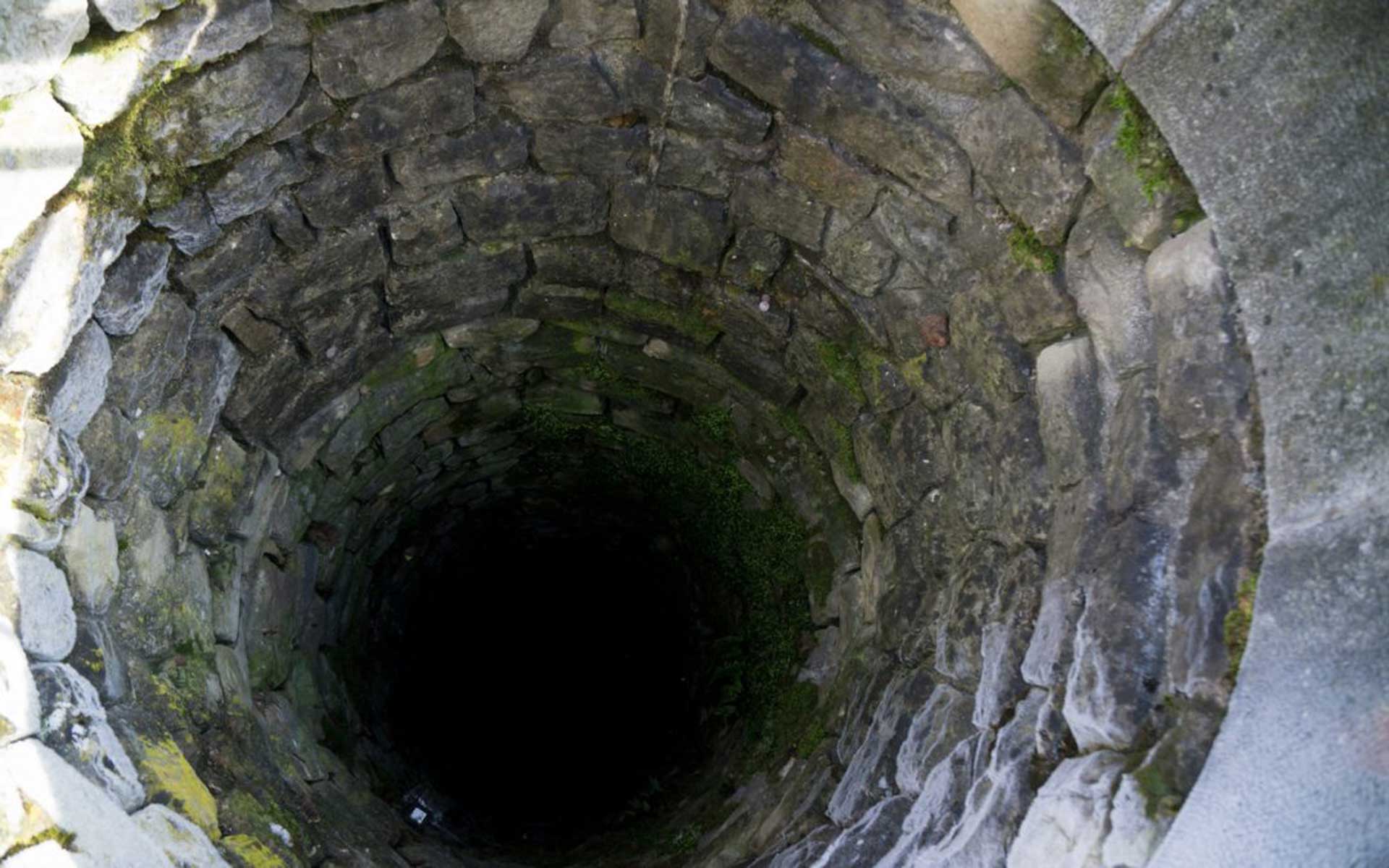At the age of 18 months, Jessica McClure captured the country’s attention when she fell through an 8-inch opening into a 22-foot deep abandoned Texas well, and spent the next 58 hours trapped inside.
Though her televised rescue made her an unlikely celebrity, 30 years later fewer and fewer remember “Baby Jessica’s” ordeal.
The danger of unused or abandoned wells, however, remains a constant in rural America.
Not only are these wells physical safety hazards, but they can also contribute to groundwater contamination that could endanger not only your family, but your neighbors’ as well.
And the risks are numerous:
- Falls: Baby Jessica is far from alone. Every year, emergency calls are received regarding people – frequently children – and animals, such as horses, who have fallen into unused or abandoned wells, getting stuck, injured – or worse.
- Contaminants: Unused or abandoned wells can also serve as a gateway to pollutants and toxins, including sewage, pesticides, and more. Well casings, ravaged by time, deterioration, and rust allows these contaminants to breach your aquafer and taint the water that you and your neighbors drink.
- Liability: Capping and decommissioning unused or abandoned wells is the law in most states, and property owners are held responsible for any injuries or fatalities that result from neglect.
Perhaps the largest problem involving unused wells, however, is that you may not even know you have one.
Many of today’s abandoned wells are relics of the past. A common fixture of older, rural homes, they were simultaneously installed on the property when the house was built. Over time, they are often forgotten, which means they could be lurking for years on your land without your knowledge.
Because of this, it is important to know what to look for:
To Identify Unused or Abandoned Wells, Look for the Following:
• Pipes protruding from the ground
- A circular stone or metal plate located in an outbuilding or basement
- Old small buildings that may have served as well houses
- Depressions in the ground
- Concrete vaults, pits, or tile covered with old plywood
Filling and decommissioning an unused well is the most effective way to protect yourself, your family, and your neighbors from accidents and contamination-related illnesses. A qualified well-drilling contractor can professionally plug an unused well with bentonite clay, neat cement, or concrete grout.
If you suspect you have an unused or abandoned well on your property, Easterday-Wilson Water Services can help. Call us at 301-831-5170 to learn more.


